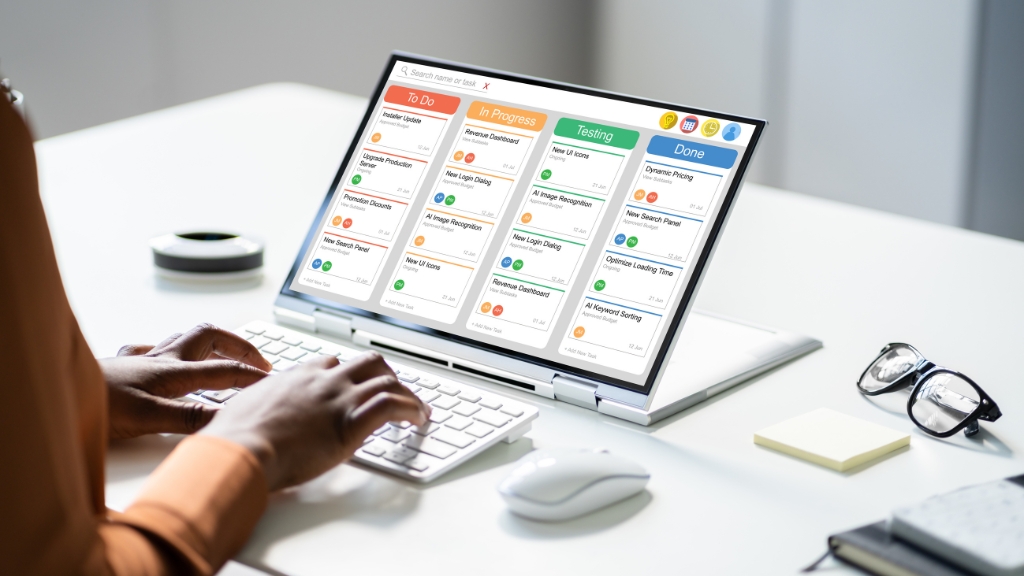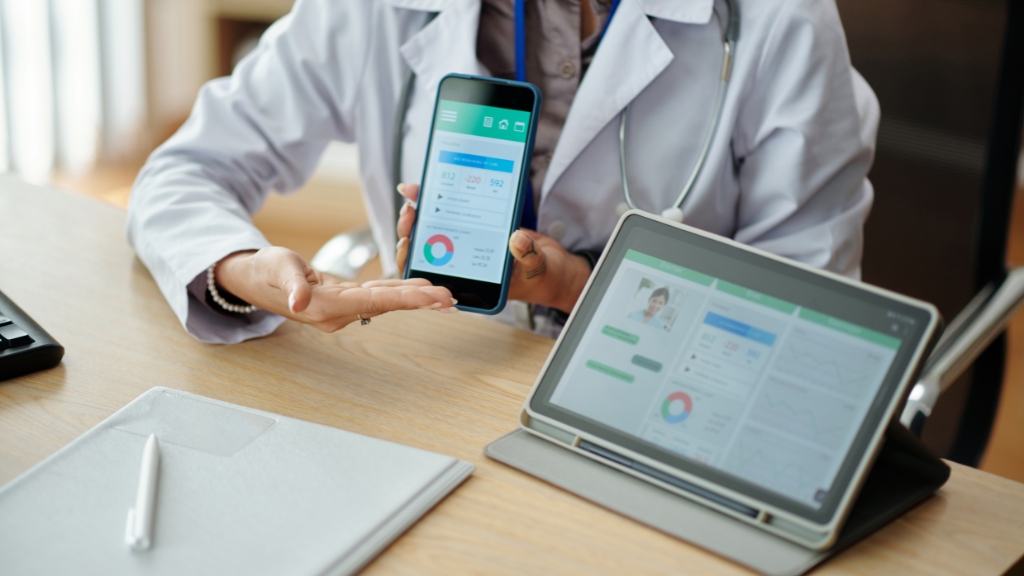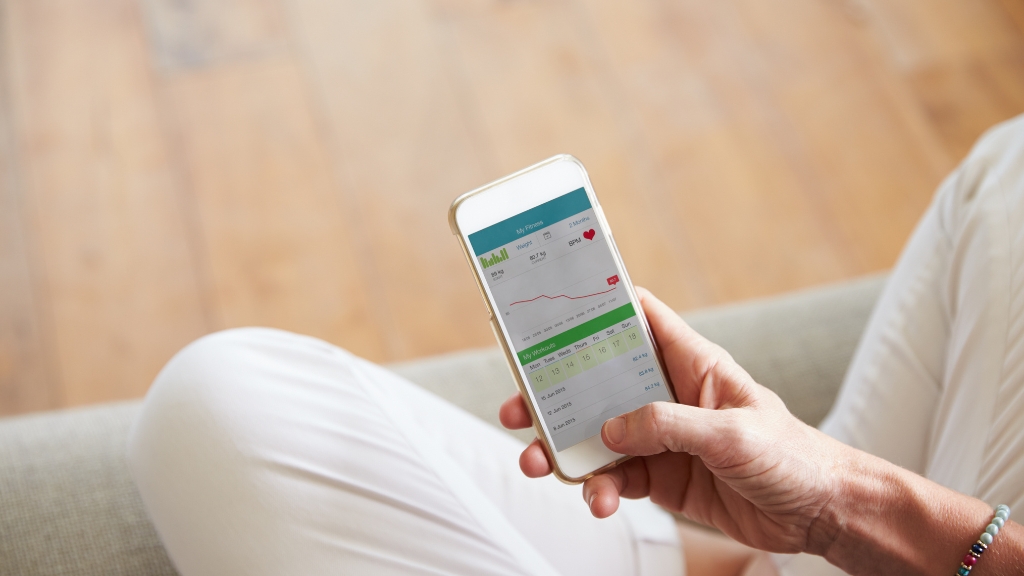
Healthcare Apps for Chronic Condition Management
Healthcare apps have transformed how chronic conditions are managed, providing tools supporting daily symptom tracking, medication adherence, and real-time communication with healthcare providers. Here’s how these apps are empowering patients and improving care for those with chronic illnesses.
- Symptom Tracking and Monitoring
Many healthcare apps enable patients to log symptoms daily, allowing them to identify patterns or triggers in their conditions. For example, diabetes management apps can track blood sugar levels throughout the day, providing insights into how lifestyle factors like diet and exercise impact glucose levels. Similarly, apps designed for asthma or COPD can track respiratory symptoms, monitor inhaler usage, and predict potential flare-ups based on environmental data.
- Medication Management and Reminders
Medication adherence is crucial for individuals with chronic conditions. Healthcare apps assist by offering medication reminders, dosage instructions, and pill-tracking features. Some apps can integrate with wearable devices, providing reminders on smartwatches or alerting users if a dose is missed. This type of support can be especially valuable for elderly patients or those on complex medication regimens.
- Virtual Support Networks and Mental Health Resources
Living with a chronic illness can be isolating, and mental health challenges often accompany physical conditions. Many chronic care apps now offer virtual support communities where patients can connect with others facing similar issues. Mental health resources, such as relaxation exercises, journaling prompts, and CBT tools, are also frequently included, helping users address chronic illness management’s psychological and physical aspects.
- Integration with Wearable Devices
The integration of wearable technology into healthcare apps allows for continuous monitoring of health metrics such as heart rate, activity level, and sleep patterns. This data can be invaluable for conditions like hypertension or heart disease, helping patients and healthcare providers monitor cardiovascular health trends and make real-time adjustments to care plans.
- Data-Driven Insights for Personalized Care
Many healthcare apps use AI and machine learning to analyze data collected over time, providing personalized insights and predictions about an individual’s health. For example, an app designed for managing rheumatoid arthritis might use past symptom data to predict potential flare-ups, prompting users to take preventive actions or consult their healthcare provider.
- Remote Communication with Healthcare Providers
One of the most significant benefits of chronic condition management apps is connecting patients with healthcare providers remotely. Many apps include secure messaging or telemedicine features, enabling patients to share their health data in real-time and receive feedback from their healthcare team. This support is particularly useful for people living in rural areas or those with mobility challenges.
Examples of Popular Healthcare Apps for Chronic Condition Management
- MySugr: Specifically designed for diabetes management, MySugr offers easy blood sugar tracking, insulin logging, and estimated HbA1c results, providing users with a comprehensive diabetes management tool.
- CareZone: This app helps manage multiple medications and health records, with features for medication reminders, symptom tracking, and a journal for health updates.
- Hinge Health: For individuals managing chronic musculoskeletal pain, Hinge Health offers personalized exercise plans, education resources, and virtual coaching for ongoing support.
Conclusion
Healthcare apps for chronic condition management are valuable tools that provide patients with real-time data, personalized insights, and the support needed to manage their health effectively. As technology advances, these apps will continue to play a critical role in empowering individuals to take control of their chronic health conditions, improving their quality of life and overall health outcomes.
FAQs
- What types of chronic conditions can healthcare apps manage?
- These apps can support conditions such as diabetes, hypertension, asthma, arthritis, and mental health conditions.
- Are these apps secure?
- Yes, most healthcare apps prioritize patient privacy, using encryption and adhering to HIPAA regulations in the US to protect sensitive health data.
- Can healthcare apps replace regular doctor visits?
- While they offer valuable support, healthcare apps are intended to complement regular medical care rather than replace it.
- How do healthcare apps integrate with wearable devices?
- Many apps, such as smartwatches, sync with wearables to monitor heart rate, steps, and sleep patterns.
- Do healthcare apps offer mental health resources?
- Many chronic condition apps provide mental health resources, including relaxation exercises and access to virtual support communities.
Leave a Reply
- AI in Diagnostics: Revolutionizing Early Detection and Accuracy
- How AI and Advanced Analytics Are Transforming Healthcare Outcomes
- Investing with Confidence: The Role of ROI Calculators
- How ROI Calculators Drive Data-Driven Business Strategies
- The Ultimate Guide to ROI Calculators for Business Success
- Making Sense of ROI Calculators: A Comprehensive Guide
- June 2025 (1)
- May 2025 (1)
- October 2024 (2)
- September 2024 (31)
- August 2024 (31)
- July 2024 (27)
- June 2024 (28)
- May 2024 (30)
- April 2024 (33)
- March 2024 (23)
- February 2024 (29)
- January 2024 (3)
- December 2023 (47)
- November 2023 (36)
- October 2023 (23)
- September 2023 (2)
- June 2023 (2)
- May 2023 (13)
- April 2023 (1)




